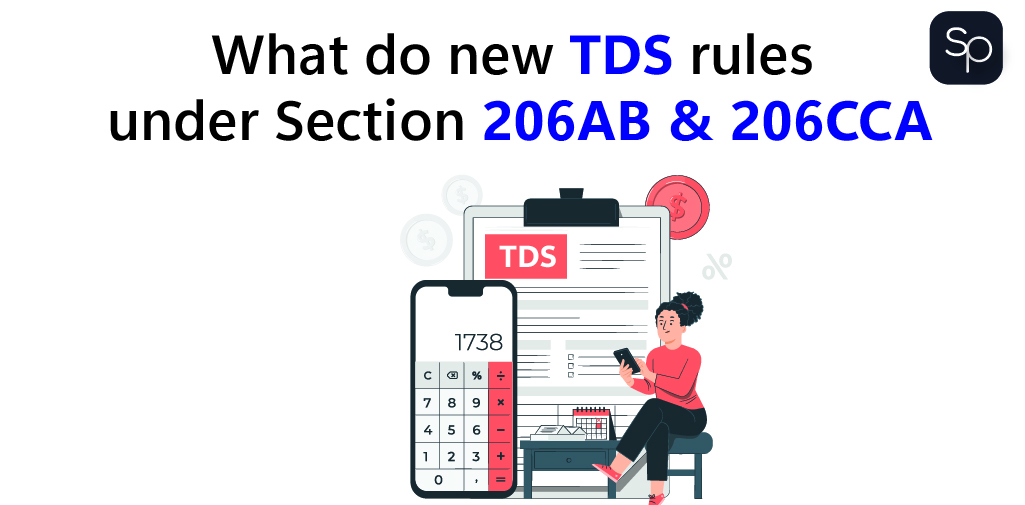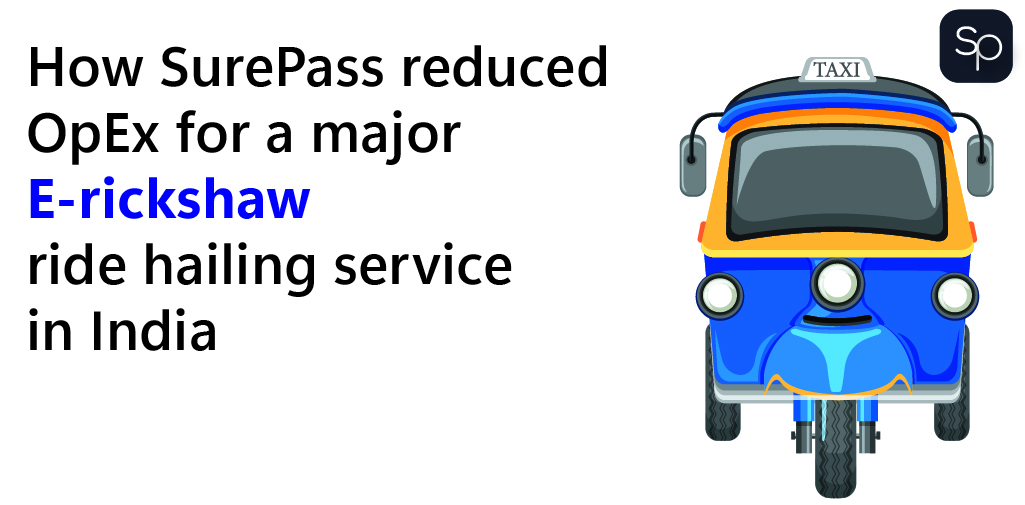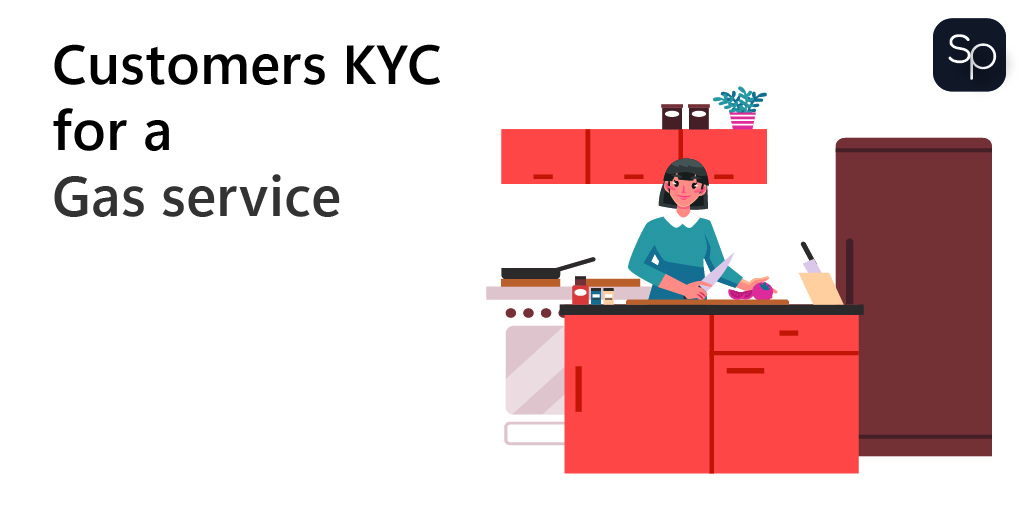Introduction
In the Finance Bill, 2021, a new section is introduced for the deduction and collection of tax at source at higher rates if an amount is paid or payable to a specified person who did not file an income tax return. Section 206AB of the Income Tax Act is added after Section 206AA. The latter requires TDS to be deducted at higher rates for failure to provide a Permanent Account Number (PAN). Similarly, section 206CCA is added after section 206CC of the Income Tax Act.
What is section 206 AB and 206 CCA?
Section 206AB allows for a tax deduction at source (TDS) at rates higher than those specified in the Act when making payments or collections to individuals who have not filed their income tax returns.
Similarly, Section 206 CCA authorizes tax collection at source (TCS) on amounts received from buyers at rates more significant than those specified in the Act.
Applicable for Which Type of Transactions?
The nature of the transaction on which a higher amount of TDS/TCS shall be deducted can be any transaction, such as contract payments, professional charges, rent, and so on, but excludes the payments listed below:
- Premature withdrawal of EPF
- Salary
- Any lottery, card game, or crossword puzzle winnings
- Profit from investment in a securitization trust
- Winnings from any horse race
- TDS on cash withdrawals
When You Should Deduct or Collect Tax at Source at Higher Rates
- If the transaction is incurred with a person who meets the following conditions, the tax must be deducted/collected at source at rates higher than those prescribed by the Act:
- The person who failed to file an income tax return for both of the previous two Fiscal Years (FYs) immediately preceding the FY in which tax is required to be deducted,
- Income tax return filing deadline (not a late return)
- In each of the two previous years, the total tax deducted and collected (TDS and TCS) was Rs.50, 000 or more.
Note: It does not apply to non-residents who do not have a permanent establishment in India. A fixed place of business where the enterprise’s business is carried out entirely or partially qualifies as a permanent establishment for this purpose.
How it is affecting the industries
The finance minister’s new provision could significantly impact the corporate sector in particular.
The company must deduct TDS; therefore, if the company needs to pay any individual (Vendor), the company must keep up to date on the income tax return filings of the individual to whom payments must be made by performing income tax return verification.
The company must be kept up to date on whether the specified person has filed his income tax returns for the last two fiscal years or not, following the new Finance Act 2021 by performing income tax return verification. If the specified person did file the income tax return, all is well, as they do not need to worry about any additional TDS deductions. The company must also determine whether or not the specified person has provided their PAN number, as the TDS rates will be increased to 20%.
All of these are the company’s efforts to deduct the TDS of a specific person who must be paid following provisions of the Finance Act 2021.
Companies must devote a significant amount of workforce and may be required to take additional time and financial investments to verify the income tax returns of those to whom they must pay.
How the industries and companies can do Income Tax Return verification, or how they can check the ITR Filing Status:
These are the efforts that a company must make to deduct the TDS of the specific person who must be paid following the Finance Act 2021.
Companies must devote a significant amount of human resources and may be required to take additional time and financial investments to verify the income tax returns of those they must pay.
Nowadays, a few vendors can assist these businesses in reducing the manpower and investment of time and money in tasks such as Income Tax Verification or ITR filing Status checks while also allowing the firms to focus on the fundamental functions that they want to accomplish.
These vendors can assist large and small businesses, and organizations save time and money by automating the entire Income Tax Return Verification process. So that they can keep track of the Income Tax Returns filed by the people to whom they owe money.
Rate of TDS or TCS
TDS
If the taxpayer meets all of the above criteria, the tax will be deducted at source (TDS) at the higher of the following rates:
- Twice at the rates specified in the relevant Income Tax Act provisions.
- At the current rate or rates, i.e., the rate prescribed in the Finance Act
- Five percent.
In addition to failing to file an income tax return, if the specified person fails to provide a PAN, the tax will be deducted or collected at the rate of 20% or the rate applicable under this section, whichever is higher.
TCS
The tax must be collected at the point of sale (TCS) on the greater of the following:
- Twice at the rates specified in the relevant Income Tax Act provisions.
- At the current rate or rates, i.e., the rate prescribed in the Finance Act
- Five percent.
In addition to failing to file an income tax return, if the specified person fails to provide a PAN, the tax will be deducted or collected at the rate of 20% or the rate applicable under this section, whichever is higher.
How can we make it easy?
Surepass Technologies is one of the best vendors for assisting businesses and organizations in automating their processes, including Income Tax Verification API.
Using Surepass’s Income Tax Verification API, any company or organization can validate their vendors’ income tax filing status for the previous two years. In addition, the APIs can be seamlessly integrated into any organization’s existing system.
Surepass APIs’ primary goal is to streamline your Tax Compliance Workflows, and in scenarios like these, where compliance requirements change, we reduce your headache! Therefore, two primary data points about the specified person are required in the processes mentioned above:
In these processes, we require two primary data points for the specified person from the date of the deduction for the previous two assessment years:
- Returns on Income
- TDS + TCS amount
Automate your KYC Process & reduce Frauds!
We have helped 200+ companies in reducing their user onboarding TAT by 95%
Surepass APIs now include a Compliance Check for Section 206AB and Section 206CCA API, which allows you to automate the evaluation of these data points and provides you with the following results:
- The status of PAN holders, whether they fall under the category of specified person u/s 206AB and 206CCA or not
- PAN-Aadhar Linked Status and
- PAN allotment date of the PAN holder.
Here’s why Compliance Check for Section 206 AB and Section 206 CCA API works better than any manual workflow when integrated into your systems:
By providing only the PAN number, you can verify specified person conditions under sections 206AB and 206CCA.
- Option to check the compliance of up to 10,000 PAN in a single request.
- Configure post-back events to be notified when your Compliance Check Job is finished.
- Using Surepass API, eliminate manual error and create a seamless journey
- Access to a 14-day free trial, as well as a well-documented API to refer to and begin the integration!
Takeaway
Surepass APIs allow for the seamless integration of such Tax Compliance Workflows, and all you have to do is sign up for a free trial or contact us and we’ll provide you with all of the information you need to seamlessly integrate Compliance Check for Section 206 AB and Section 206CCA into your workflows!
Develop, Integrate, and Expand!







Shubhendu Kumar
Shubhendu is a seasoned API developer with years of experience. Get expert advice, best practices, and real-world examples on API development, testing, deployment, and more. Take your API development skills to the next level with Shubhendu's in-depth articles and tutorials.
More posts by Shubhendu Kumar